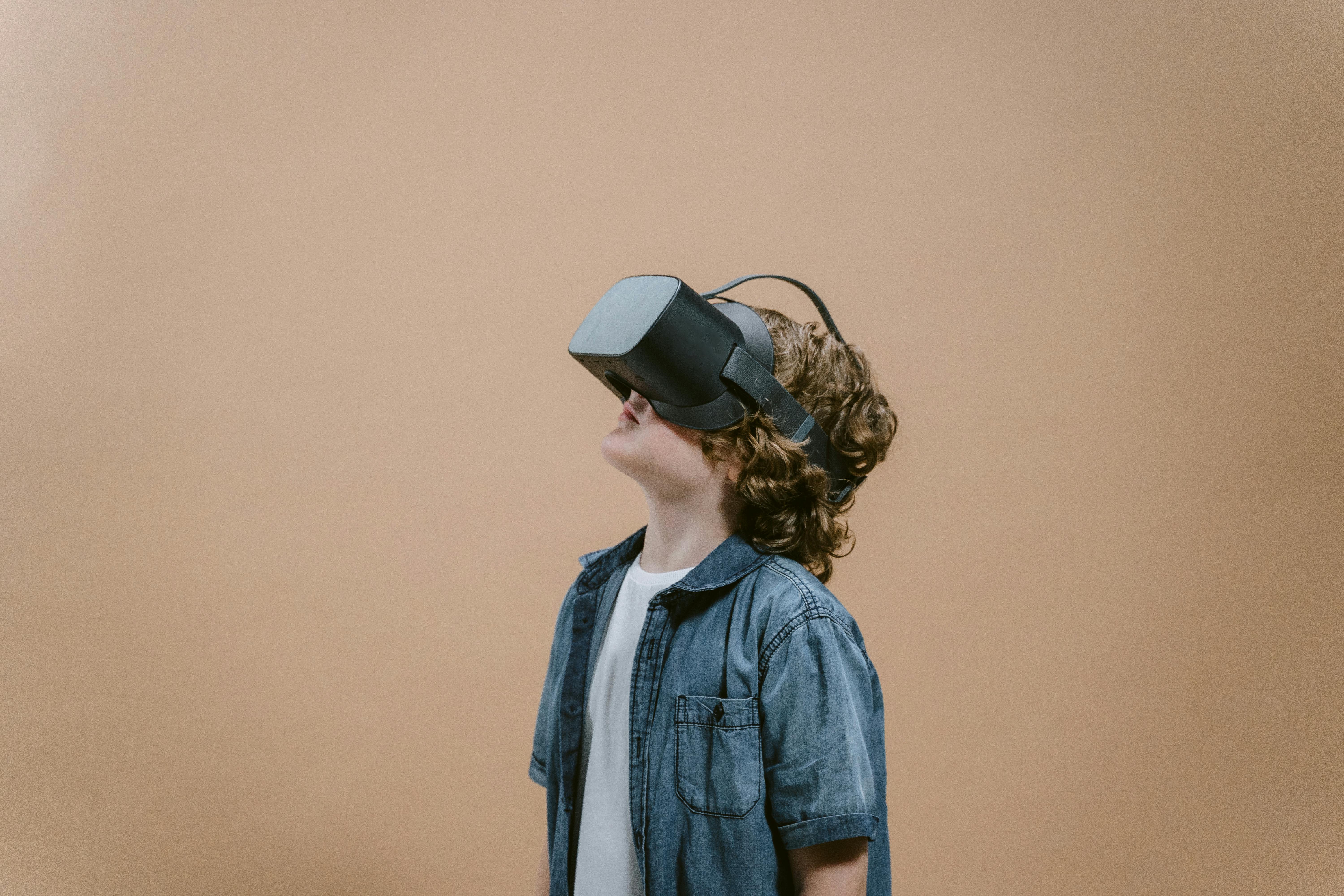
The Dawn of a New Era in Education
In recent years, the world has witnessed a surge in technological advancements that have begun to transform various industries, including education. One such innovation is Virtual Reality (VR), a technology that offers an immersive and interactive learning environment.
The Challenge: Engaging Students in Complex Subjects
Traditional educational methods often struggle to engage students, particularly when dealing with complex subjects such as physics or astronomy. However, VR technology has the potential to simulate real-life scenarios, making these subjects more accessible and engaging for learners.
The Solution: Virtual Reality in the Classroom
"VR allows students to experience learning beyond the confines of a classroom," says Dr. Jane Doe, an educational technology expert at NASA's Jet Propulsion Laboratory. "It provides an opportunity for students to explore complex concepts in an immersive and interactive way."
The Impact: Enhanced Engagement, Understanding, and Retention
Studies have shown that VR technology can lead to increased student engagement, improved understanding, and enhanced retention rates. By providing an immersive learning experience, students are more likely to remember the material they have learned.
The Caution: Validating Educational Effectiveness
"While VR technology holds great promise for education, it's crucial that we approach its implementation with a focus on validating its educational effectiveness," warns Dr. John Smith, a researcher at the University of California, Los Angeles.
As with any technological advancement, it's essential to ensure that VR serves as more than just a novelty in the classroom. Educators must rigorously test and validate its educational benefits to maximize its potential impact on student learning.
The Future: A Transformed Learning Experience
As VR technology continues to evolve, we can expect to see it play an increasingly significant role in education. From space exploration simulations to virtual field trips, the potential applications are endless. The future of learning could very well be a Virtual Reality.




Comments